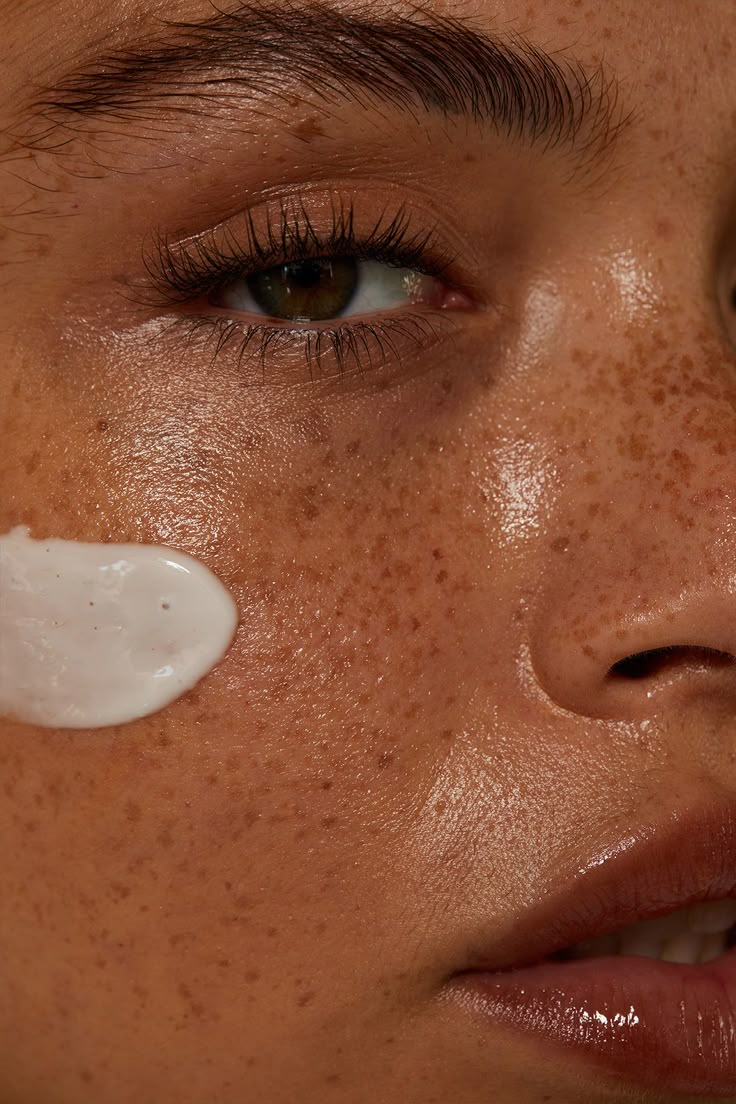
Causes of Hyperpigmentation
Hyperpigmentation, characterized by darkened patches or spots on the skin, arises from an overproduction of melanin, the pigment responsible for skin color. Several factors can trigger this excess melanin production:
- Sun Exposure: This is the most common cause. Ultraviolet (UV) radiation from the sun stimulates melanocytes (melanin-producing cells) to produce more pigment as a protective response. Prolonged or frequent sun exposure can lead to sun spots (solar lentigines), freckles, and general skin darkening.
- Hormonal Changes: Fluctuations in hormones, particularly estrogen and progesterone, can trigger melasma. This is often seen during pregnancy (sometimes called the "mask of pregnancy") or with the use of birth control pills or hormone replacement therapy.
- Inflammation: Any inflammation or injury to the skin can lead to post-inflammatory hyperpigmentation (PIH). This can occur after acne breakouts, eczema flares, psoriasis, cuts, burns, or even certain cosmetic procedures. The inflammation stimulates melanin production in the affected area.
- Medications: Certain medications, such as some antibiotics, non-steroidal anti-inflammatory drugs (NSAIDs), and certain psychiatric drugs, can cause hyperpigmentation as a side effect.
- Medical Conditions: Some medical conditions, such as Addison's disease (a disorder of the adrenal glands), hemochromatosis (a condition causing iron overload in the body), and certain autoimmune diseases, can cause hyperpigmentation.
- Genetics: Genetic predisposition can play a role in how susceptible someone is to developing hyperpigmentation, particularly melasma.
- Age: As we age, melanocyte activity can become less regulated, leading to age spots (also called liver spots or senile lentigines).
- Certain Skincare Products or Ingredients: Ironically, some skincare products or ingredients, if used incorrectly or if they irritate the skin, can contribute to hyperpigmentation. This is especially true if they cause inflammation.
Understanding the specific cause of your hyperpigmentation is key to choosing the most effective treatment approach. While some types of hyperpigmentation may fade on their own over time, others may require targeted treatments and consistent sun protection to improve. Consulting with a dermatologist is recommended for proper diagnosis and personalized treatment plans.
Related Literature:: https://pmc.ncbi.nlm.nih.gov/articles/PMC10304091/

